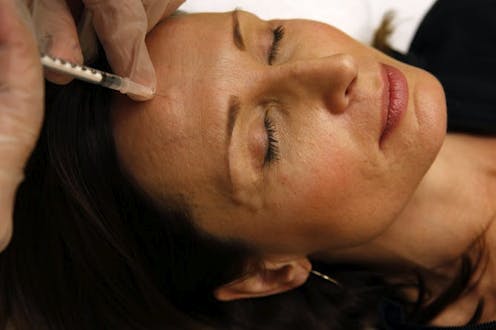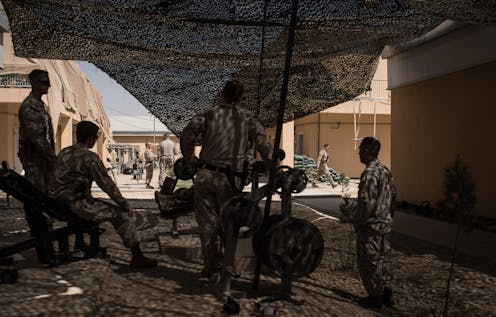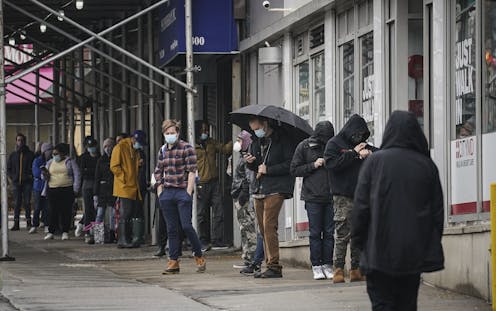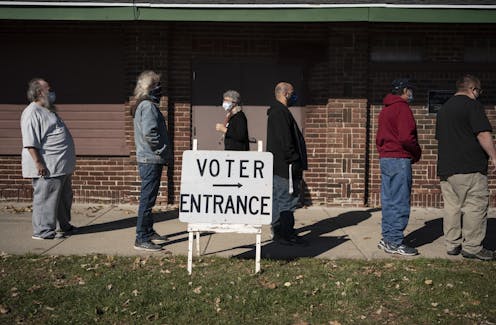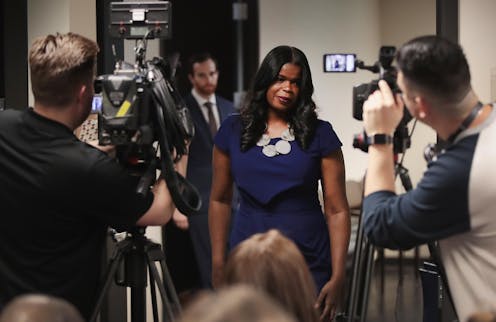Curved origami offers a creative route to making robots and other mechanical devices
- Written by Hanqing Jiang, Professor of Mechanical Engineering, Arizona State University
 These beautiful curves hold the key to a simple way to vary the stiffness of robotic grippers.njekaterina/DigitalVision via Getty Images
These beautiful curves hold the key to a simple way to vary the stiffness of robotic grippers.njekaterina/DigitalVision via Getty ImagesThe Research Brief is a short take about interesting academic work.
The big idea
Building robotic grippers that can firmly grasp heavy objects and also gently grasp delicate ones usually requires complicated sets of...
Read more: Curved origami offers a creative route to making robots and other mechanical devices



